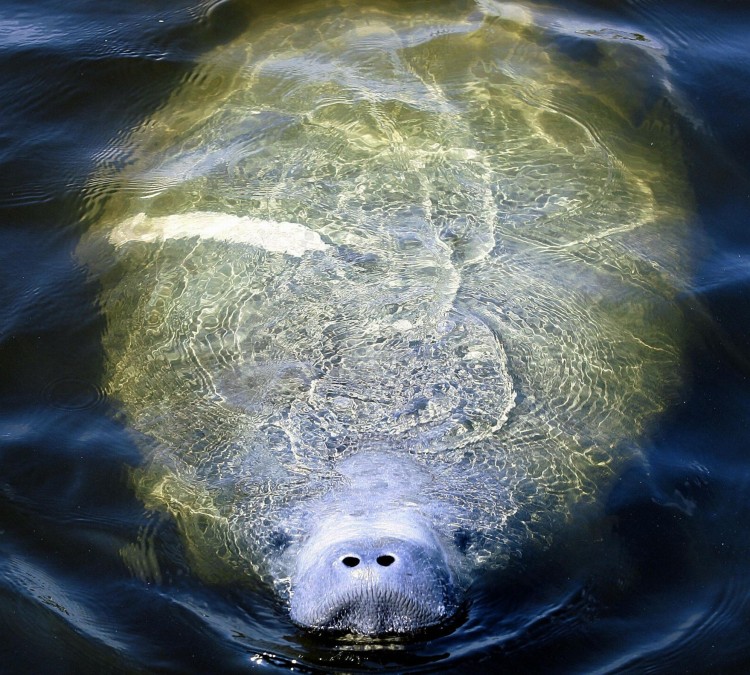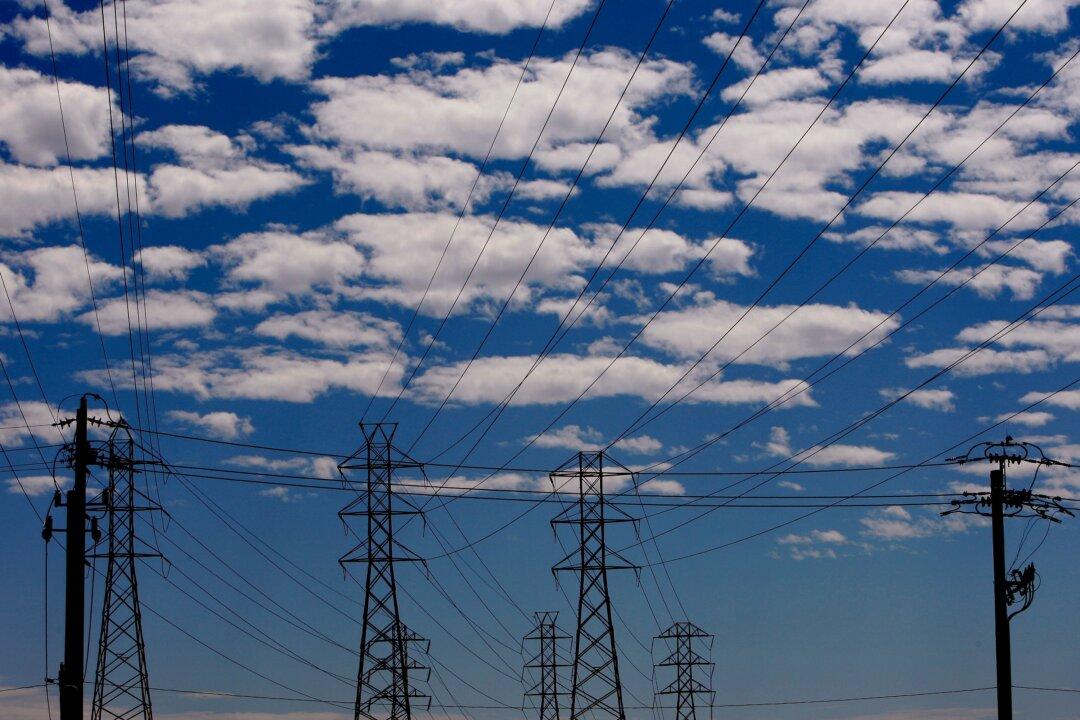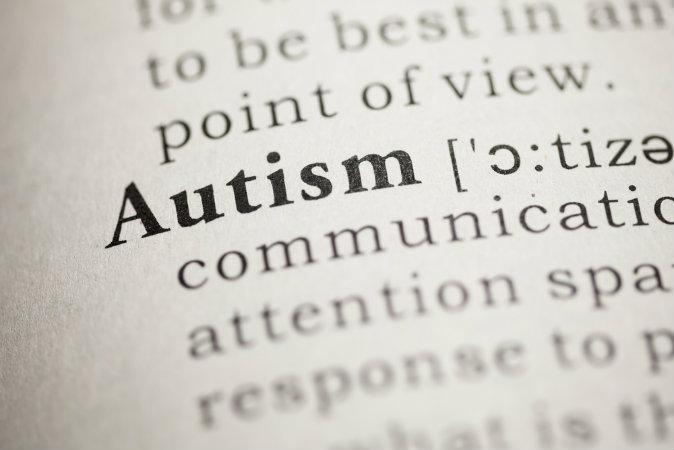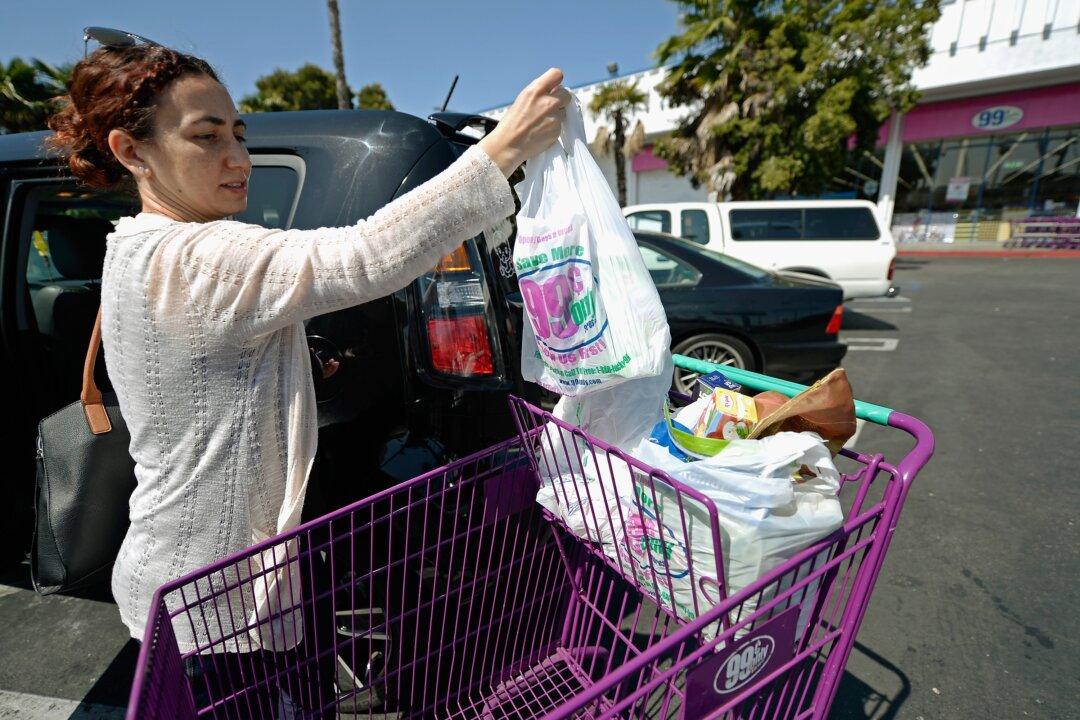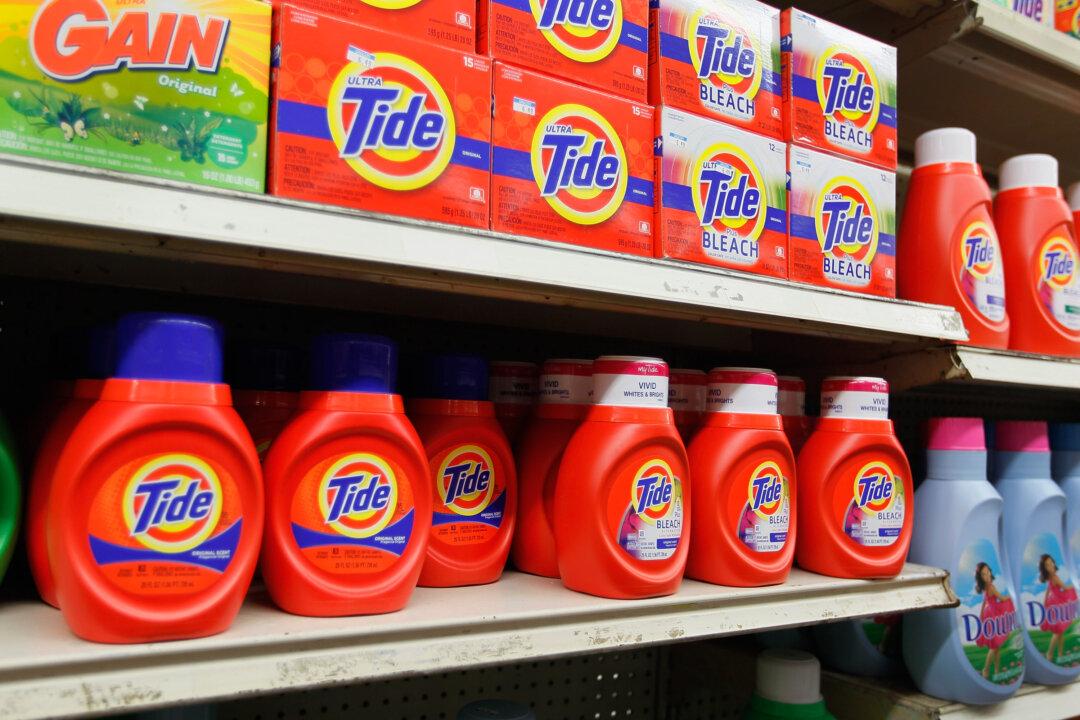Coast Guard Adds Enforcement to Help Manatees
The Coast Guard, Wildlife Conservation Commission (FWC), Miami-Dade Police, and the City of Miami Police-Marine Patrol units, all increased their enforcement in manatee and no-wake zones throughout the Miami area.

PROTECTION NEEDED: A manatee surfacing for air in a canal in Miami, Fla. Manatees are threatened by human activities such as boating. Robert Sullivan/AFP/Getty Images
|Updated:

